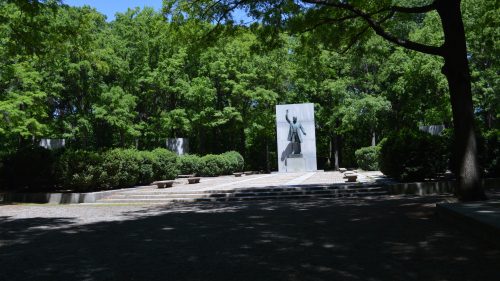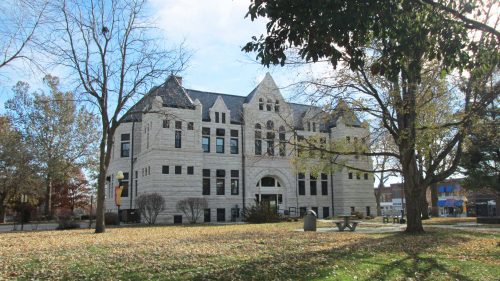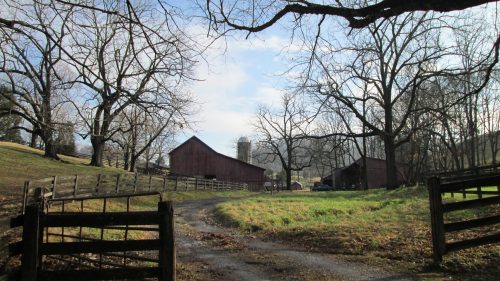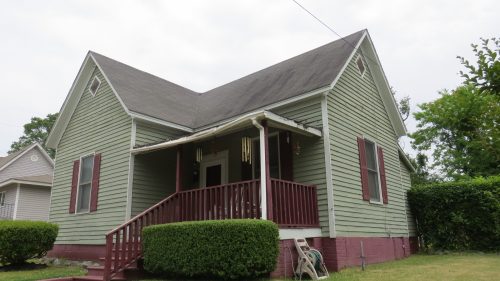Cultural/Historical Resources
Every project has the potential to involve cultural resources. Guided by both local interest and state and federal law, cultural resource activities are of a diverse nature ranging from historic structures surveys to archaeological projects to public involvement.
While some cultural resource projects are implemented due to public interest, the vast majority occur due to Section 106 of the National Historic Preservation Act, which is the federal law governing cultural resource activities. Under Section 106, cultural resources are a key element of compliance-based work and can be triggered by a wide array of factors, including funding and permitting at either a state or federal level. In addition, many counties, cities, and municipalities have their own preservation laws, ordinances, and regulations which have similar jurisdiction to those of Section 106.
JMT’s Cultural Resources staff members are experts in the fields of history, architectural history, and archaeology. We support federal, state, and local agencies and organizations as they strive to balance the current built environment and future needs of communities with the obligations and expectations associated with historic and archaeological preservation.
JMT provides many necessary services on a local, regional, state, and national level, including:
- Section 106 coordination
- Section 4(f) evaluations
- Historic structures surveys
- National Register determinations of eligibility
- National Register nominations
- State Register nominations
- National Historic Landmark nominations
- Determination of Effects reports
- Section 106 Memorandum of Agreement (MOA)
- Section 106 Memorandum of Understanding (MOU)
- Section 106 Programmatic Agreements (PA)
- Phase I and II Archaeology surveys and reports
- Phase III Archaeological data recovery projects
- Alternative archaeological studies
- Public involvement
- Consulting party coordination
- Mitigation products (including brochures, booklets, signs, plans, and exhibits)
- Historic American Building Surveys (HABS)
- Historic American Engineering Records (HAER)
- Historic American Landscape Surveys (HALS)
- Local historic preservation ordinances
- Design guidelines for historic districts and local governments
- Rehabilitation Tax Investment Credit (RITC) programs
- FCC 620/621 forms
- Viewshed analyses



